TB-500
$154.00 Original price was: $154.00.$120.00Current price is: $120.00.
-
$ USD
-
€ EUR
-
£ GBP
- Buy 3+ for $140.59 each and save 5%
- Buy 5+ for $136.15 each and save 8%
- Buy 10+ for $133.19 each and save 10%
|
CAS Number |
77591-33-4 |
|
Molar Mass |
4963.4 g/mol |
|
Amino Acid Sequence |
Ser-Asp-Lys-Pro-Asp-Met-Ala-Glu-Ile-Glu-Lys-Phe-Asp-Lys-Ser-Lys-Leu-Lys-Lys-Thr-Glu-Thr-Gln-Glu-Lys-Asn-Pro-Leu-Pro-Ser-Lys-Glu-Thr-Ile-Glu-Gln-Glu-Lys-Gln-Ala-Gly-Glu-Ser |
|
Synonyms |
Thymosin Beta-4, Tβ4, TMSB4X, PTMB4, TB500 |
|
Solubility |
Water-soluble |
|
Organoleptic Profile |
White to off-white powder |
|
Composition |
Lyophilized powder – requires reconstitution |
How does TB-500 work?
TB-500 is a synthetic version of Thymosin Beta-4 (Tβ4), a naturally occurring 43-amino acid peptide conserved across species and expressed in various tissues. Research has shown that TB-500 interacts with actin, a protein crucial for cell migration and tissue remodeling. This interaction promotes actin polymerization, which is essential for angiogenesis and cell migration to injury sites.
Studies have demonstrated that TB-500 modulates the expression of genes involved in inflammation, wound healing, and tissue regeneration. For instance, it has been found to upregulate matrix metalloproteinases (MMPs), enzymes key to extracellular matrix remodeling and wound healing.
Research
Research in mammalian models has revealed:
-
Wound healing: TB-500 has been shown to enhance keratinocyte and fibroblast migration, stimulate angiogenesis, and reduce inflammation, contributing to faster healing in various wound types.
-
Anti-inflammatory effects: Studies have demonstrated TB-500’s ability to reduce pro-inflammatory cytokine production and increase anti-inflammatory cytokine levels in various inflammatory conditions.
-
Hair growth stimulation: Research using mammalian models has found that TB-500 can increase hair follicle size and promote the transition from telogen to anagen phase.
-
Neuroprotection: Studies have explored TB-500’s potential to reduce neuroinflammation, oxidative stress, and apoptosis in models of neurological disorders.
-
Cardioprotection: In mammalian models of myocardial infarction, TB-500 has been shown to reduce infarct size, improve cardiac function, and promote angiogenesis.
While these findings are promising, it is important to note that TB-500 is currently a research tool, and its effects in mammals are still being studied.

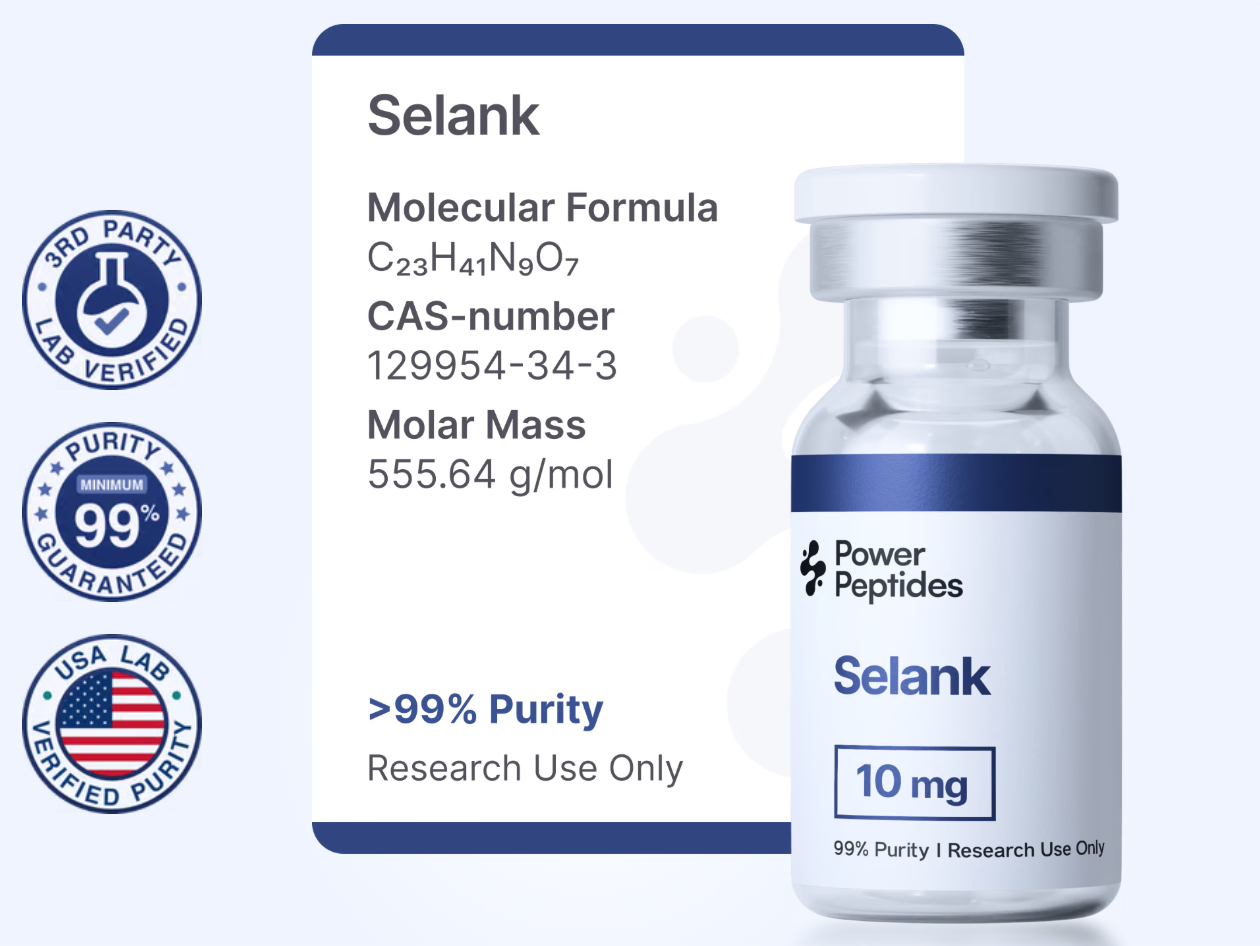
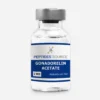


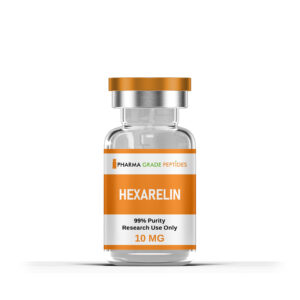
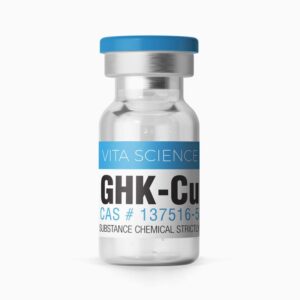
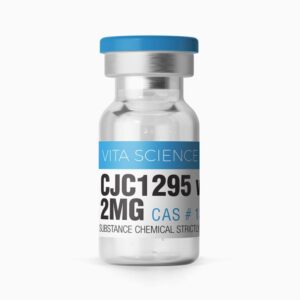
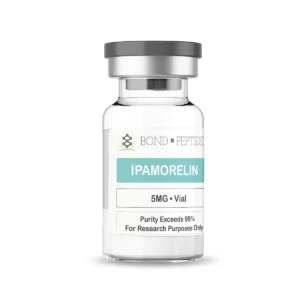
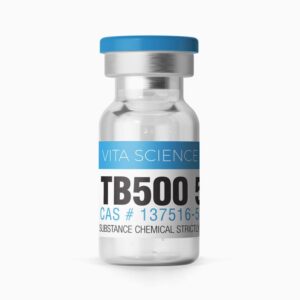
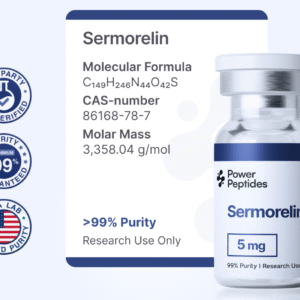
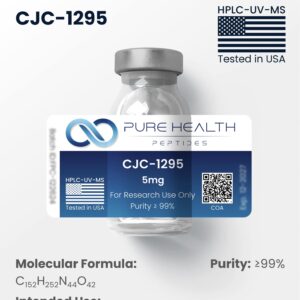
Reviews
There are no reviews yet.